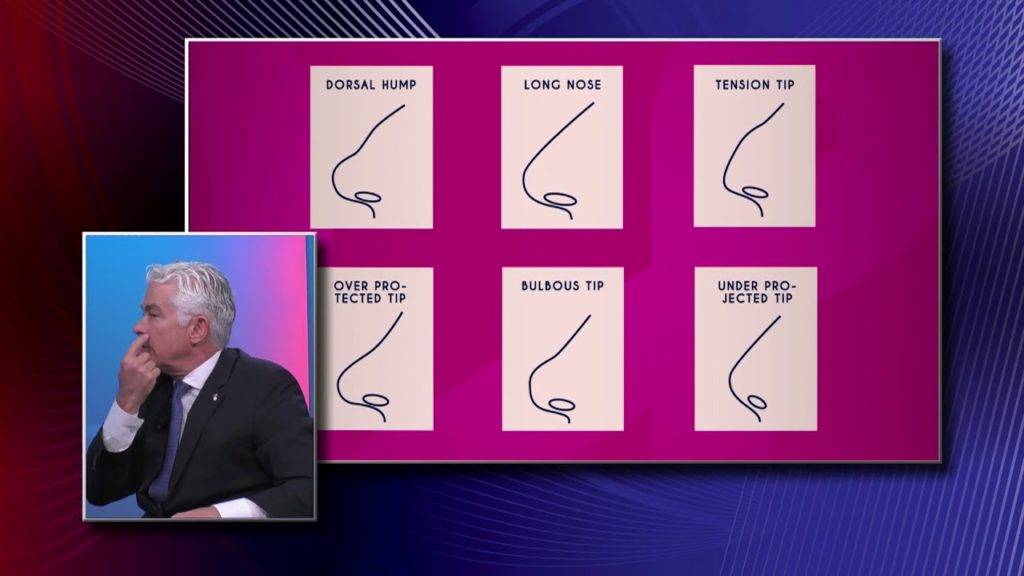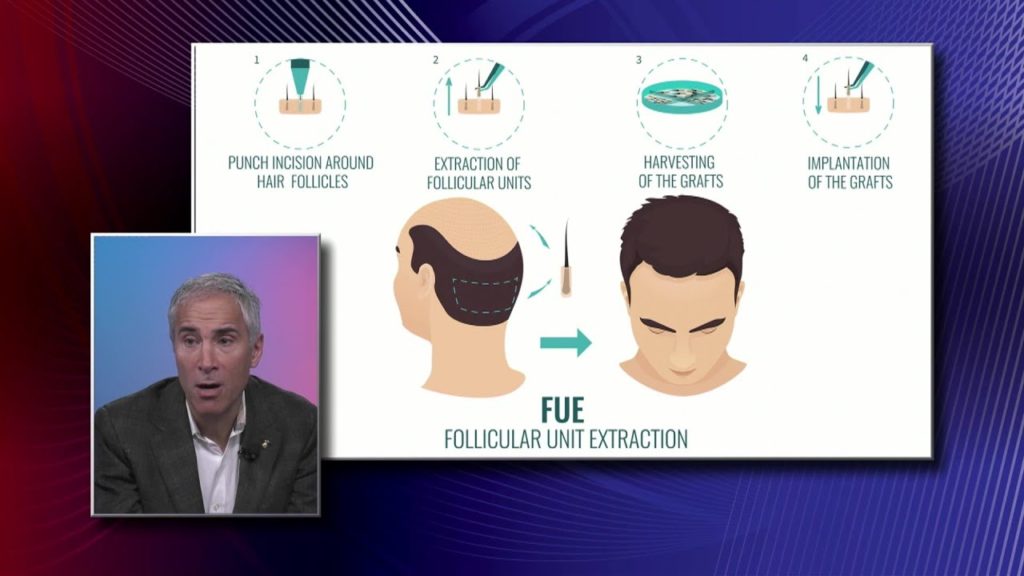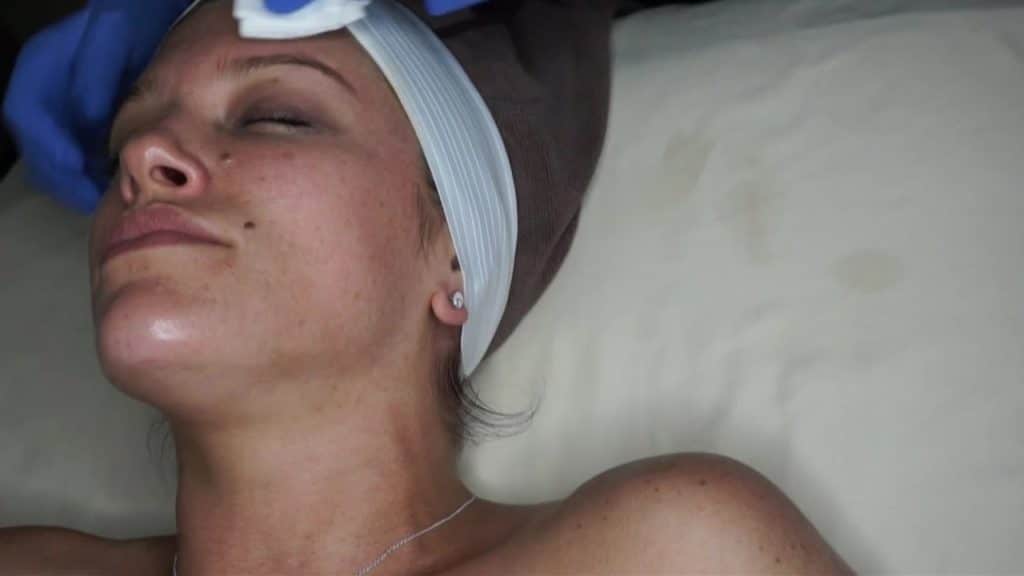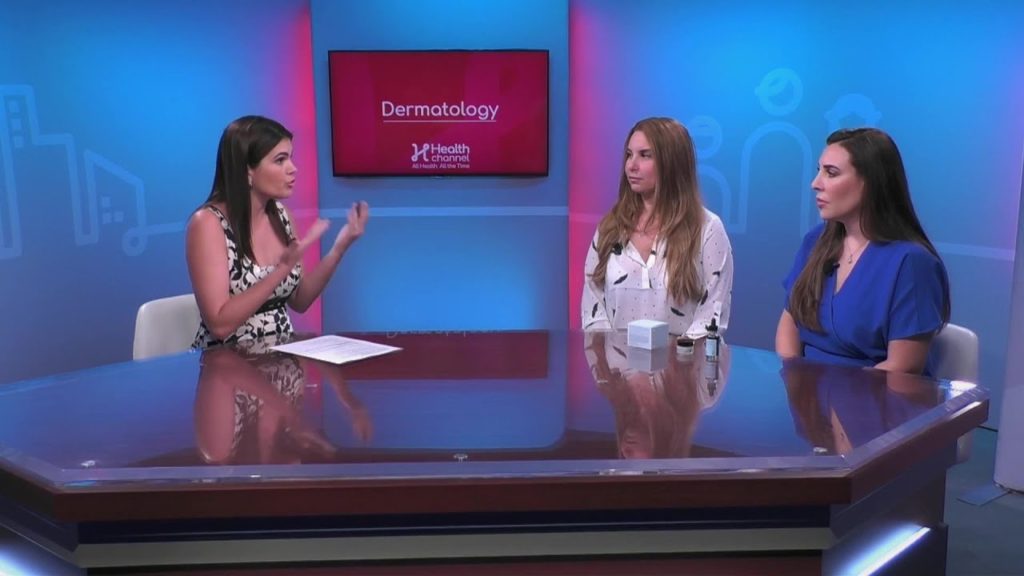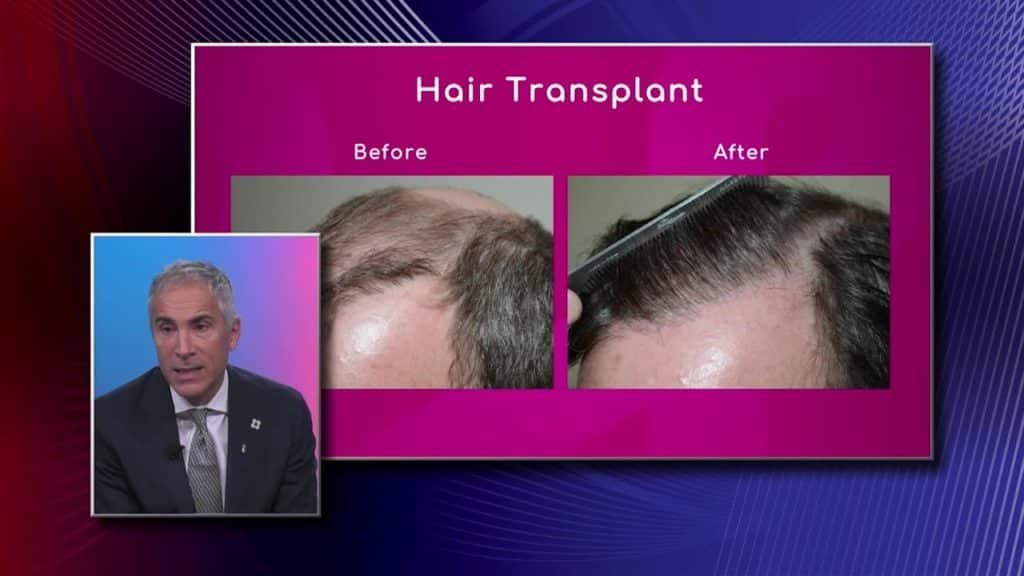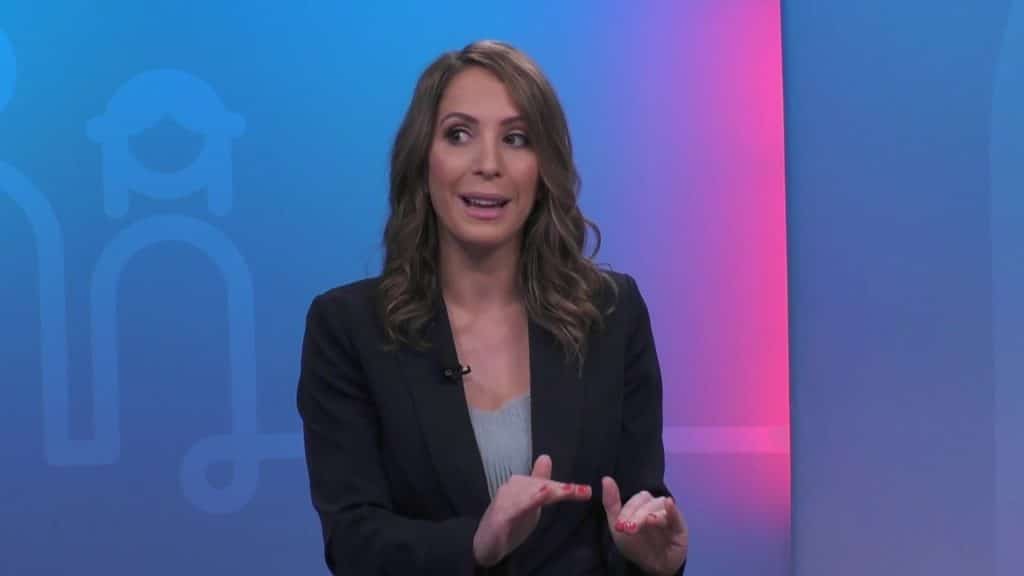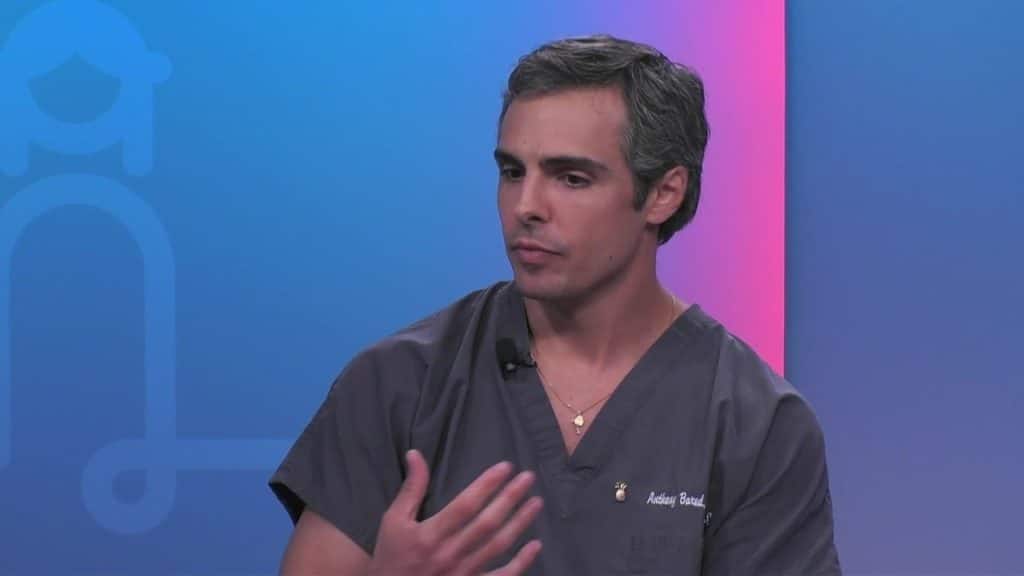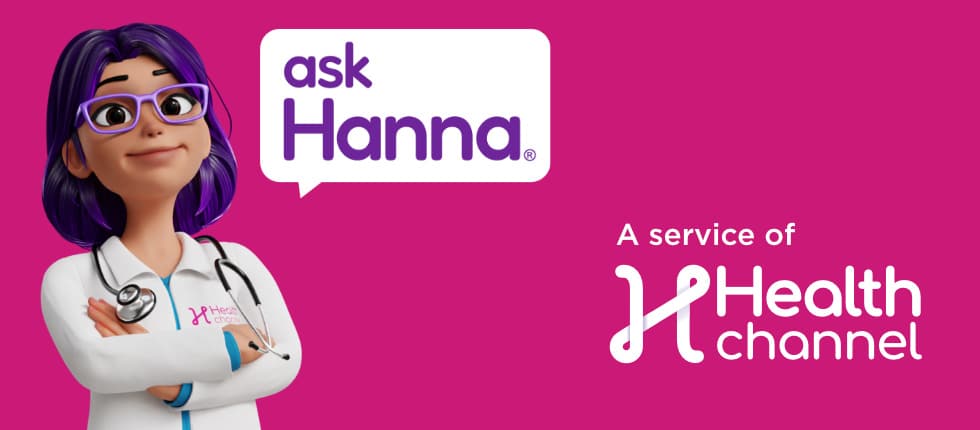
Different Types of Noses
Dr. Carlos Wolf, Plastic Surgeon with Baptist Health South Florida, explains whit a graphic the different shapes of noses and how the rhinoplasty alters them. Dorsal hump, long nose, overprotected tip, tension tip, bulbous tip and under projected tip are the shapes the doctor explains. He describes how techniques are used in any case. He…...
Read MoreFollicular Unit Extraction
The hair loss treatment called follicular unit extraction has some steps. Dr. Jeffrey Epstein, Facial Plastic Surgeon with Baptist Health South Florida, explains how they do the procedure that includes incisions around hair follicles, extraction of follicular units, and implantation. Molecular unit extraction I got it tell us what's happening here doctor and what…...
Read MoreBenefits of Hydrafacial Treatment
Heidy Urra, Medical Aesthetician with Miami Plastic Surgery, explains a hydrafacial is a wet microdermabrasion, it is a smart machine and it has different types of minerals and infusions to help exfoliate the skin and hydrate it at the same time. She points out it is important to prepare the skin, because the aesthetician wants…...
Read MoreCommon Skin Conditions
Tanya Patron, Physician Assistant with Miami Plastic Surgery, says redness and inflammation in the skin are some of the most common skin conditions. Heidy Urra, Medical Aesthetician with Miami Plastic Surgery, explains she sees sun damage, like pigmentation, rosacea, and broken capillaries. What are the some of the most common skin conditions I see…...
Read MoreHair Transplant Results
Dr. Jeffrey Epstein, Facial Plastic Surgeon with Baptist Health South Florida, shows the case of a woman who underwent surgical hairline lowering or forehead reduction. He says this procedure takes 90 minutes, it is done under local sedation, and the next day patients are presentable with lower hairline. He also shows a reparative procedure in…...
Read MoreFat Transfer to the Hand
Dr. Roger Khouri, Plastic Surgeon with Baptist Health South Florida, says it is amazing what they could do with fat and a needle. "You can increase 30% in tissue length with just a needle and an incision. He points out needles leave no scars, it is like an intravenous. "You never really have a scar…...
Read MoreFactors of Skin Aging
Paula Brezavseck, Physician Assistant with Miami Plastic Surgery, explains which factors cause wrinkles and other skin aging conditions. She says the loss of collagen contributes to the appearance of wrinkles as well as the natural deterioration of the bones. She says the eye sockets get bigger, the cheek bones get thinner and the volume shifts…...
Read MoreLaser Treatment for Hair Loss
Dr. Anthony Bared, Facial Plastic Surgeon with Baptist Health South Florida, explains they have low-level laser light therapy in form of in-home devices, that are essentially baseball caps that you wear for 30 minutes a day and it helps to stimulate the follicles. "The laser just penetrates into the scalp deep enough to affect the…...
Read More

